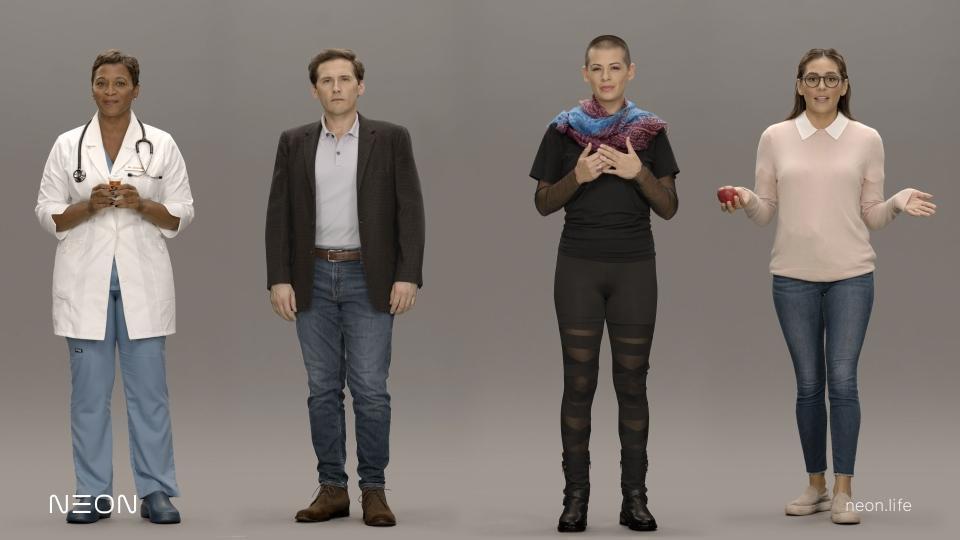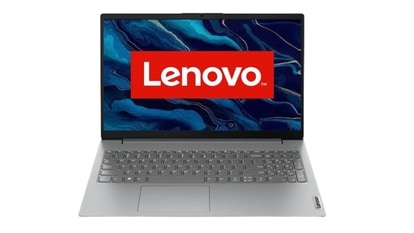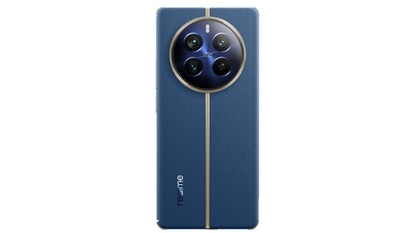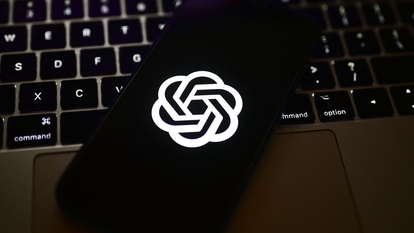Breaking down Neon: The ‘Artificial Human’ that wants to be your friend
Neon is the brainchild of Pranav Mistry, President and CEO of Star Labs. The new AI isn’t an interface for random queries but one that becomes your ‘friend’.

Artificial Intelligence has captured our imaginations for decades. Whether it is Terminator's evil Skynet or Tony Stark's butler Jarvis, science fiction films have shown how diverse the AIs can be. A big takeaway is that there's a growing desire to make the AI more human. And, we're actually inching closer to make this a reality.
Pranav Mistry, CEO and President of Samsung-backed Star Labs, this week introduced 'Neon', touted as the world's first 'Artificial Human'. Contrary to the branding, Neon isn't a Sophia-like quirky robot or a face-less Siri-like digital assistant. Instead, it's a digital avatar of an AI that can converse and sympathise like real human beings.
According to Mistry, Neons are meant to be users' personal friends. There can be commercial applications as well. For instance, banks can integrate Neons via APIs. The primary focus, however, is to make Neons your companion.
"NEONs are not AI assistants. NEONs are more like us -- independent virtual beings who can show emotions and learn from experiences. Unlike AI assistants, NEONs do not provide answers since they are not an interface to the Internet to ask for weather updates or play your favorite music. NEONs are more like our friends and companions, with whom you share your experiences. This allows NEONs to build memories and interact with us. NEONs are meant to engage, and will learn, and evolve overtime through their interactions," said Mistry in an interview to Hindustan Times.
An AI companion may sound utopian but it's difficult to ignore the fear of the AI being biased. Last year, MIT researchers developed 'Norman', an AI that fed data on from "darkest corners of Reddit." The Norman turned out to be a complete psychopath. In the case of deeply personalised Neon, manipulations could have a devastating impact. Leave alone the AI, it's very hard to trust the technology companies which are still struggling to keep our data secure and private.


Mistry acknowledges that there will be a bit of bias in Neons, but it isn't coming from the AI but from the real-world people on whom Neons will base its learnings. In the real-world, there's a bit of biasedness, he stressed.
On security, Mistry said Neons come with a double-folded security measure. "We have designed it in a way that there's no leakage of data. The conversation between the user and Neon stays between them," he said.
"We designed the architecture of CORE R3 around the ethical principles of privacy and trust. CORE R3 ensures the integrity of data with state-of-the-art security protocols. No one except you and your NEON can ever have access to your interactions with NEON. NEONs will never share your private data without your permission," said Star Labs separately in a FAQ.
Under the hood of Neon is Core R3 where R3 stands for Reality, Realtime and Responsive.
"Our CORE R3 AI engine can computationally create lifelike reality. It leapfrogs in the domains of Behavioural Neural Networks, Evolutionary Generative Intelligence and Computational Reality. CORE R3 makes it possible for NEONs to react and respond in real-time since it has a latency of less than a few milliseconds," Mistry explained.
Star Labs plans to conduct a beta launch of Neon in the real world later this year. Mistry said there's no plan to open source the technology right now but will open it for API-level integration with third-party service providers.
Mistry and his team are now working on SPECTRA, a new platform that will complement CORE R3 with the spectrum of Intelligence, Learning, Emotions, and Memory, in order to make Neons more immersive. The company will preview Spectra at the company's NeonWorld 2020 later this year.
"It has been a very exciting journey. My team and I have been working on NEON for a little over two years since this company is not just about technology but includes significant inputs from other domains like design, art, psychology, anthropology, AI and robotics to name a few. My exposure to fields like design, technology, art and psychology have given me a very unique perspective of the world. I love to see technology from a design perspective and vice versa. This vision reflects in almost all of my projects and research work as well. In short, I do what I love and I love what I do--I am a 'Desigineer' (combination of the words Design and Engineer)," Mistry said on his journey with the new technology platform.
Catch all the Latest Tech News, Mobile News, Laptop News, Gaming news, Wearables News , How To News, also keep up with us on Whatsapp channel,Twitter, Facebook, Google News, and Instagram. For our latest videos, subscribe to our YouTube channel.


























